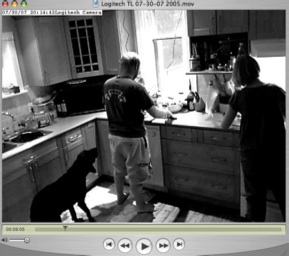Every year, studies about food handlers’ food safety knowledge, attitudes, and practices are published. Some results of these papers have been rather controversial, especially those related to food safety practices.
 The two most common methods for evaluating food safety practices – self-assessment and observation – are generally treated as interchangeable, but they can have different meanings. The objective of this study was, therefore, to differentiate between the observed and self-reported food safety practices of food handlers, verifying the effect of different variables in these food safety indicators through structural equation modeling, and examining the relationship between cognitive factors and these practices.
The two most common methods for evaluating food safety practices – self-assessment and observation – are generally treated as interchangeable, but they can have different meanings. The objective of this study was, therefore, to differentiate between the observed and self-reported food safety practices of food handlers, verifying the effect of different variables in these food safety indicators through structural equation modeling, and examining the relationship between cognitive factors and these practices.
A questionnaire with 37 questions was given to 183 food handlers to evaluate their food safety knowledge, attitudes, self-reported practices, and risk perceptions. For the observed assessment method of evaluating the food handlers’ practices (observed practices), a checklist was developed, and food handlers were observed during one workday.
Two models were developed based on the results of these two assessment methods. In the first model a significant positive effect of knowledge and a negative effect of risk perception on self-reported practices were observed. Food handlers with high risk-perception about their practices reported less adequate practices. Positive food safety attitudes acted as a moderator dampening the positive effect between knowledge and self-reported practices. In the second model a significant positive effect of knowledge on observed practices. Attitudes strengthened the positive effect between knowledge and observed practices.
A direct effect of attitude on observed practices was not observed. In conclusion, self-reported practices and observed practices are different and should be used and discussed properly.
The differences between observed and self-reported food safety practices: A study with food handlers using structural equation modeling 23 August 2019
Food Research International
Diogo Thimoteoda Cunhaa1Veridiana Verade Rossob2Mariana BessiPereirac3ElkeStedefeldtd4
https://doi.org/10.1016/j.foodres.2019.108637
https://www.sciencedirect.com/science/article/pii/S096399691930523X
